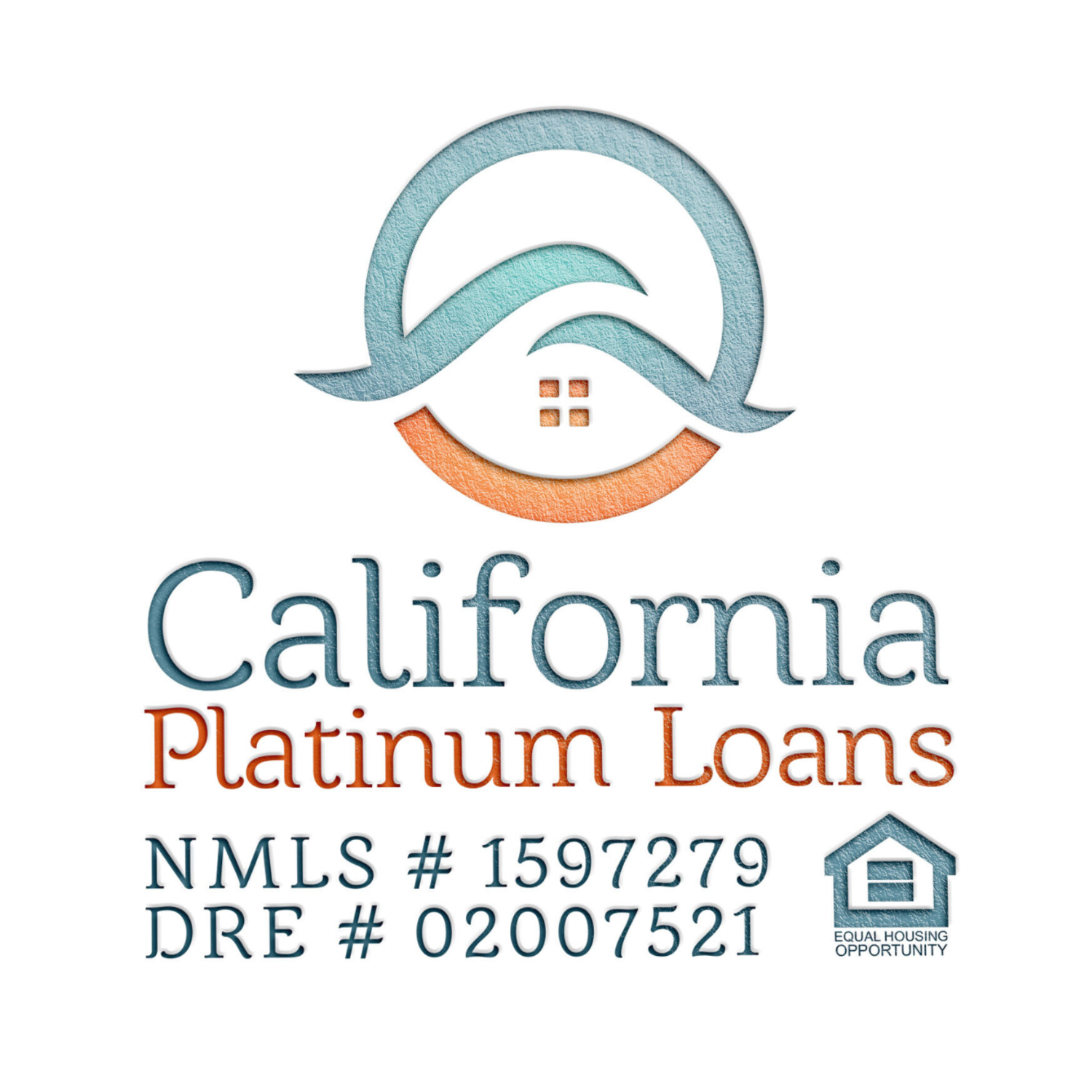Mortgage interest rates have been declining for a while now, so you may not even think about an adjustable-rate mortgage (ARM). There are a few reasons an ARM might make good sense for you financially even with today’s low 30-year fixed mortgage interest rates. ARM interest rates can be up to half a percentage point (or more) lower than a fixed-rate mortgage, especially when it comes to Jumbo ARMs and Super Jumbo ARMs. In high housing cost markets like Los Angeles and Orange County, along with many other high-cost counties in the State of California, a half-point difference in mortgage interest rate could help you to buy a bigger, better house.
What are the advantages of an Adjustable Rate Mortgage (ARM)?
As long as ARMs offer lower interest rates than fixed-rate 30-year mortgages, you may be able to qualify for a larger loan and therefore, a bigger, better house.
For example, if you wanted to buy a $1 million home, put 20% down, and apply for a 5/1 ARM at 3.35% interest, your monthly payments (excluding taxes and insurance) would be about $3,540. At 3.99% interest and a fixed-rate 30-year mortgage, your monthly principal and interest payments would be more than $3,800.
If there is no difference in interest rate between a 30-year fixed-rate mortgage and a 5/1 ARM, then the ARM won’t help you to qualify for a higher loan amount and a bigger house.
What are some pitfalls of an ARM?
ARMs come with different terms. Common ARM terms are 3/1, 5/1, 7/1, and even 10/1. The first number indicates the number of years you’ll have your initial interest rate locked in. So, a 5/1 ARM will have the same interest rate and monthly payment for five years. The second number indicates how often the rate can change after the initial rate period. You’ll notice all the common ARMs can have their interest rate change every year after the initial fixed-rate term. By “change”, you’re right — the biggest pitfall with an ARM is the potential for the interest rate, and monthly payment, to go up every year after the initial fixed-rate term. Watch our short video clip below that explains the 3 Reasons why you should consider an Adjustable Rate Mortgage.
If you’re interested in an ARM so you can buy the home you want, and save on the compounding effect of interest, you should work with an experienced mortgage professional to locate an ARM that has terms you can understand and live with. ARMs can have caps on the amount their interest rate can go up when the fixed-rate term ends. They can also have a cap on the total interest rate increase over the lifetime of the loan.
Sources
https://www.realtor.com/advice/finance/i-got-an-adjustable-rate-mortgage/
https://www.nerdwallet.com/blog/mortgages/pros-cons-adjustable-rate-mortgages/



